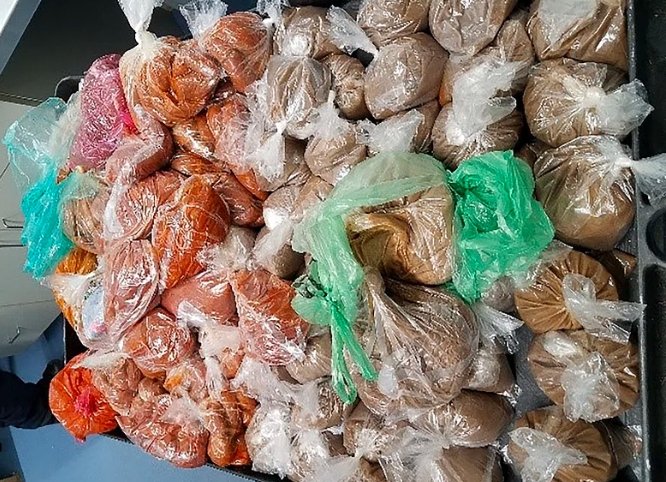As the cannabis market in the UK continues to grow, an increasing number of Brits are turning to cannabis for self-medication. Despite the legalization of medical cannabis in 2018, access remains limited, pushing many to seek relief through illicit channels. This trend highlights the urgent need for better access to legal medical cannabis and a more comprehensive understanding of its benefits and risks.
The Growing Demand for Medical Cannabis
The demand for medical cannabis in the UK has seen a significant rise. Since its legalization, around 50,000 patients have gained access to medical cannabis treatments. However, this number is dwarfed by the estimated 2 million Brits who are self-medicating with cannabis. This discrepancy points to a substantial unmet need for legal medical cannabis access.
One of the main barriers to accessing medical cannabis through the National Health Service (NHS) is the stringent guidelines and limited availability of licensed products. Currently, only three cannabis products are available through the NHS, and they are prescribed for specific conditions like multiple sclerosis, epilepsy, and chemotherapy-induced nausea. This limited scope leaves many patients without legal options for their medical needs.

The private sector has stepped in to fill this gap, but the high cost of pharmaceutical-grade cannabis remains a barrier for many. Legal cannabis is priced at around £5.50 per gram, compared to £10-15 on the illicit market. This price difference, coupled with the limited availability of NHS prescriptions, drives many to seek cannabis through illegal means.
Market Growth and Illicit Trade
The UK’s medical cannabis market is expanding rapidly, with growth estimated at around 10% per month. This growth is driven by increasing acceptance and the involvement of private sector companies. Projections indicate that the number of patients could surpass 300,000 by 2028, up from the current estimate of around 50,000.
Despite this impressive growth, the market faces significant challenges, particularly concerning the illicit trade. Over 2 million British adults are believed to be self-medicating with cannabis, yet only 45,000 are registered medical cannabis patients. This discrepancy highlights the untapped potential of the market and the need for improved regulatory frameworks and public awareness.
Companies like Curaleaf are leveraging their strategic expansion in the UK to outprice the illegal cannabis trade. By introducing products like vapes and gummies and gathering data from patients, they aim to tailor their offerings to medical needs. This approach not only helps in capturing a larger market share but also in reducing the reliance on illicit cannabis.
The Role of the NHS and Future Prospects
The National Health Service (NHS) plays a crucial role in the future of medical cannabis in the UK. Currently, NHS prescriptions for cannabis are highly restricted, and the process for approving new cannabis products is rigorous. This has led to a slow uptake of medical cannabis within the NHS, leaving many patients without access to legal treatments.
Efforts are being made to address these challenges. There is a growing call for the NHS to expand its list of approved cannabis products and to streamline the approval process. By doing so, the NHS can provide more patients with access to safe and effective medical cannabis treatments, reducing the need for self-medication through illicit channels.
The future of the UK’s medical cannabis market looks promising, with potential for significant growth. As regulatory frameworks improve and public awareness increases, more patients will be able to access legal medical cannabis. This will not only benefit patients but also create substantial market opportunities for investors and companies involved in the cannabis industry.



